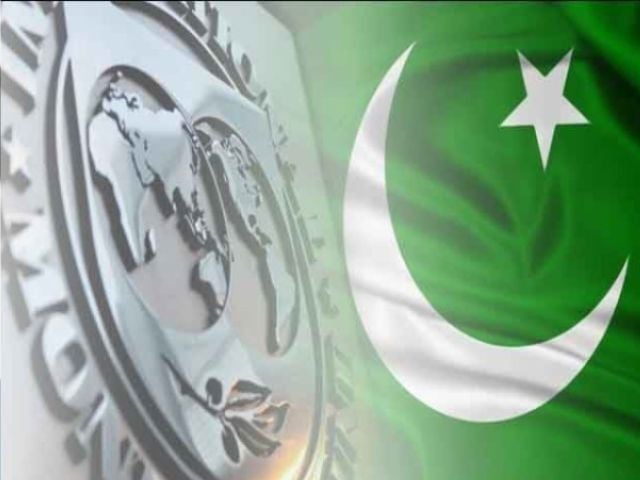
IMF mission to arrive in Pakistan on March 3 for review talks
”
A nine-member International Monetary Fund (IMF) mission, led by Nathan Porter, is set to arrive in Pakistan on March 3 to conduct a crucial economic review.
The talks will continue until March 15 and will play a key role in shaping the country’s 2025-26 fiscal policies.
According to finance ministry sources, the negotiations will be held in two phases—technical-level discussions followed by policy-level talks.
The mission will engage with officials from the finance ministry, State Bank of Pakistan (SBP), Federal Board of Revenue (FBR), Oil and Gas Regulatory Authority (OGRA), and National Electric Power Regulatory Authority (NEPRA), among others.
A key issue on the agenda is tax relief for the salaried class, which sources say remains conditional on IMF approval.
The review will also assess Pakistan’s budgetary framework, fiscal consolidation efforts, and revenue generation measures.
Additionally, separate discussions will be held with all four provinces to align fiscal targets.
Pakistan’s economic policies, including taxation, energy pricing, and structural reforms, are expected to be scrutinised closely by the IMF before any further financial commitments are made.
Previously, a technical delegation from the International Monetary Fund (IMF) has arrived in Islamabad to discuss climate financing and related policy measures with Pakistani officials on Monday.
According to sources, the four-member IMF team will engage in talks with federal and provincial authorities to review climate funding strategies, including green budgeting and tracking mechanisms.
The discussions, set to run until February 28, aim to assess Pakistan’s progress on climate adaptation and financing.
One key agenda item is the proposed introduction of a carbon levy in the federal budget for the 2025-26 fiscal year.
The IMF will present recommendations on its implementation and framework.
The negotiations will also cover subsidies, electric vehicles, and the expansion of green budgeting. Officials are expected to provide briefings on Pakistan’s current climate initiatives and future plans.
The IMF delegation’s visit is part of broader efforts to align Pakistan’s financial policies with global climate commitments, ensuring sustainable economic reforms.
Moreover, the IMF has announced that its review mission will visit Pakistan to negotiate the next tranche of the $7 billion loan, with discussions also set to focus on climate financing.
The IMF delegation is scheduled to arrive in Pakistan in early March to conduct the first review of the ongoing loan programme.
According to IMF’s representative in Pakistan, Maahir Binesi, the delegation will engage in talks regarding the next installment of the loan and will also review the technical aspects of climate financing at Pakistan’s request.
Finance Minister Aurangzeb had earlier said that Pakistan expects $1-1.5 billion in climate funding from the global lender.
Last month, the IMF held meetings with officials from the Auditor General of Pakistan (AGP), the Federal Board of Revenue (FBR), and the Securities and Exchange Commission of Pakistan (SECP) to conduct a governance and corruption assessment.
Sources revealed that the IMF mission was briefed on transparency and the audit process in the public sector. The mission was informed that Parliament serves as the highest forum for audit and accountability in the public sector.
Additionally, the opposition has the authority to audit government institutions, with the head of the Public Accounts Committee being nominated by the Leader of the Opposition.
FBR officials provided a briefing on digitalisation and tax reforms aimed at ensuring transparency in the tax system. Meanwhile, SECP representatives apprised the IMF about measures taken to enhance the ease of doing business in the stock market and corporate sector.
The IMF mission also held meetings with officials from the Ministry of Climate Change and the Ministry of Housing and Works.
”

